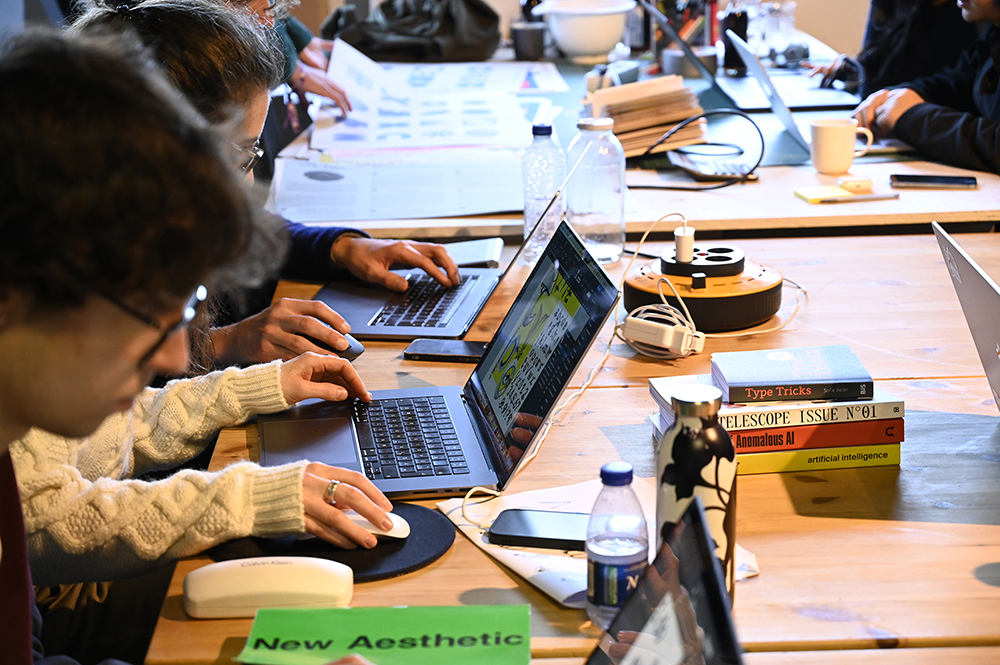
Workshop: Uncanny Type – Type design with Artificial Intelligence
Explore the uncanny valley and embark on a journey of unpredictable type creation.
Join us for a 1-day workshop on creating typefaces using custom generative AI tools. Let’s explore how new AI based tools can support, alter or disrupt the design process.
What is the workshop about?
The main idea of the workshop is to explore the potential of generative AI for designing typefaces. We will start with a general introduction to the tools and current approaches to work with generative AI. Then, we will dive into an experimental session to create cohesive sets of co-created letters. In the end we will present and discuss the typefaces through printed type specimens.
This workshop is based on the research of Paul Eßer‘s type table-tool and Francesco Scheffczyk’s research on the democratization and accessibility of AI interfaces within the KITeGG research project (https://gestaltung.ai/).
Registration
We offer three types of tickets from which you can choose the one that suits you best – please choose freely! We would be glad if you supported our program by buying a ticket. If you can’t afford the ticket, you are welcome to choose the supported ticket.
Who is the workshop for?
- anyone interested
- students in “multimedia” related studies
- type or graphic designers
- people afraid of coding 🙂 or
- creative coders who’re up for learning something new
- architects and designers who are interested in interactivity
- the lazy ones who want to get things done without too much fuzz
What do you need to bring?
- a laptop (Mac / Windows / Linux)
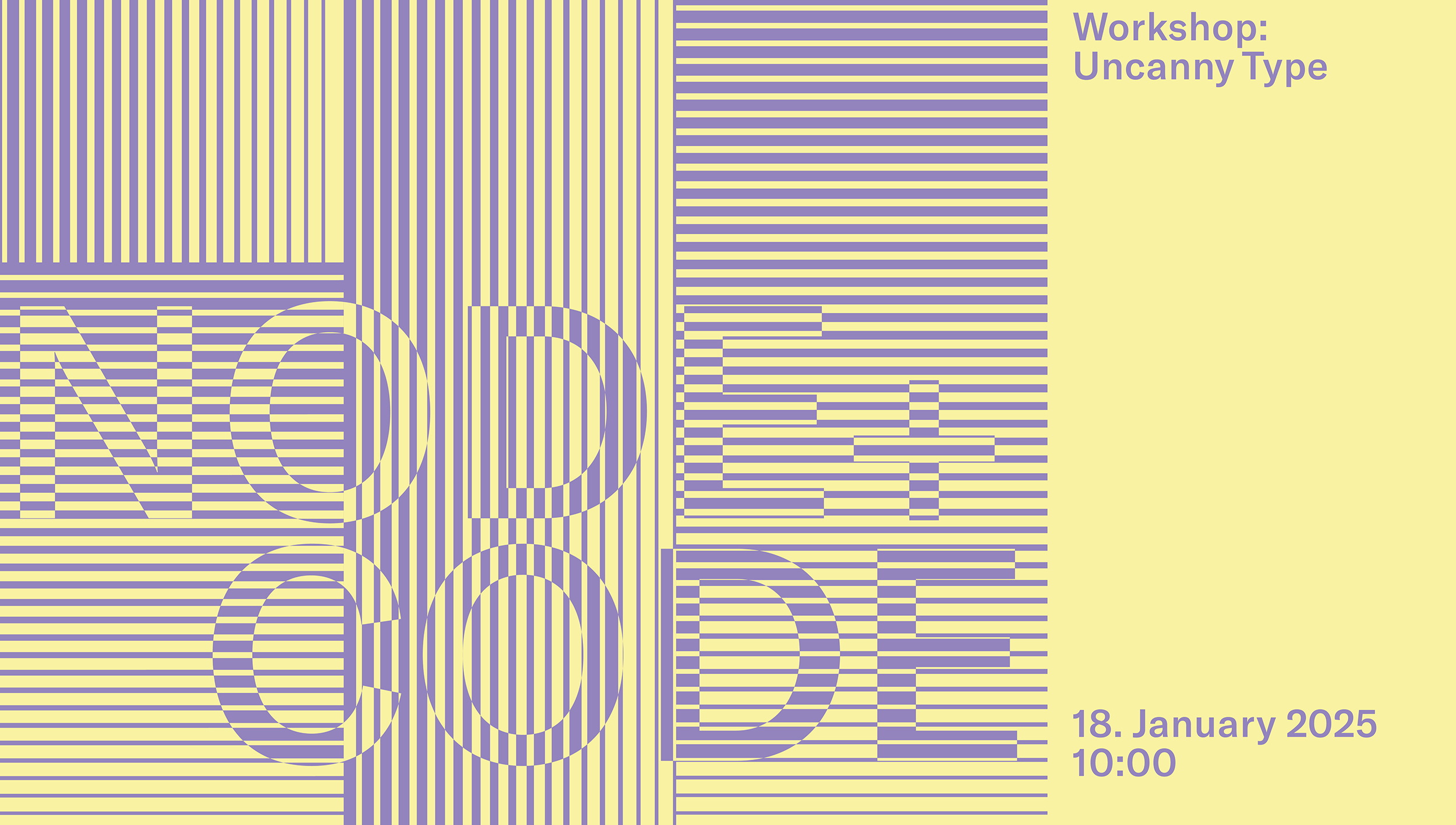
[en]
- The workshop will be held in English unless everyone present is native German speaker.
- Please bring your own computer
- We offer three types of tickets from which you can choose the one that suits you best – please choose freely. We would be glad if you supported our program by buying a ticket. If you can’t afford the ticket, you are welcome to choose the supported ticket!
[de]
- Der Workshop findet auf Englisch statt – es sei denn, alle Anwesenden sind Deutsch-Muttersprachler*innen. Das NODE Team kann mit Flüsterübersetzung auf Deutsch unterstützen.
- Bitte bringt euren eigenen Laptop mit
- Wir bieten drei Ticketarten an, aus denen ihr frei auswählen könnt. Wir würden uns freuen, wenn Ihr unser Programm mit dem Kauf eines Tickets unterstützt. Solltet ihr euch die Gebühr nicht leisten können, könnt ihr gern das supported Ticket wählen!
Workshop Hosts
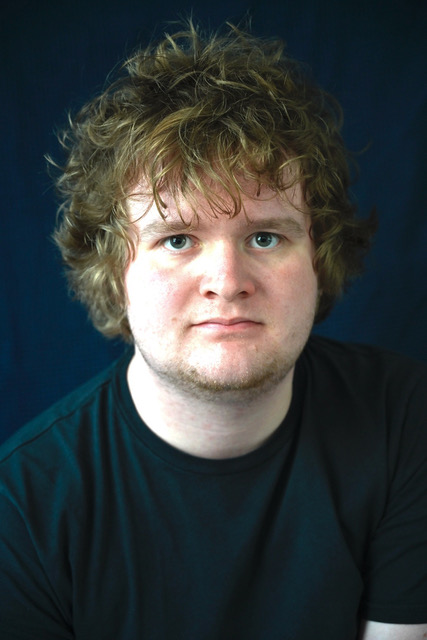
Paul Eßer
Linz, Austria
paul-esser.comPaul is a designer and creative technologist. He has a Bachelors in communication design from the University of Applied Sciences Mainz. In his work his main focuses are generative ai models as design tools and the use of web technologies in hybrid publishing. He held workshops on ai type design at the University of Applied Sciences Tier, the Dutch Design Week and at the University of Applied Sciences Mainz. At the KITeGG project he works as a research assistent on the web to print unlearn publication.
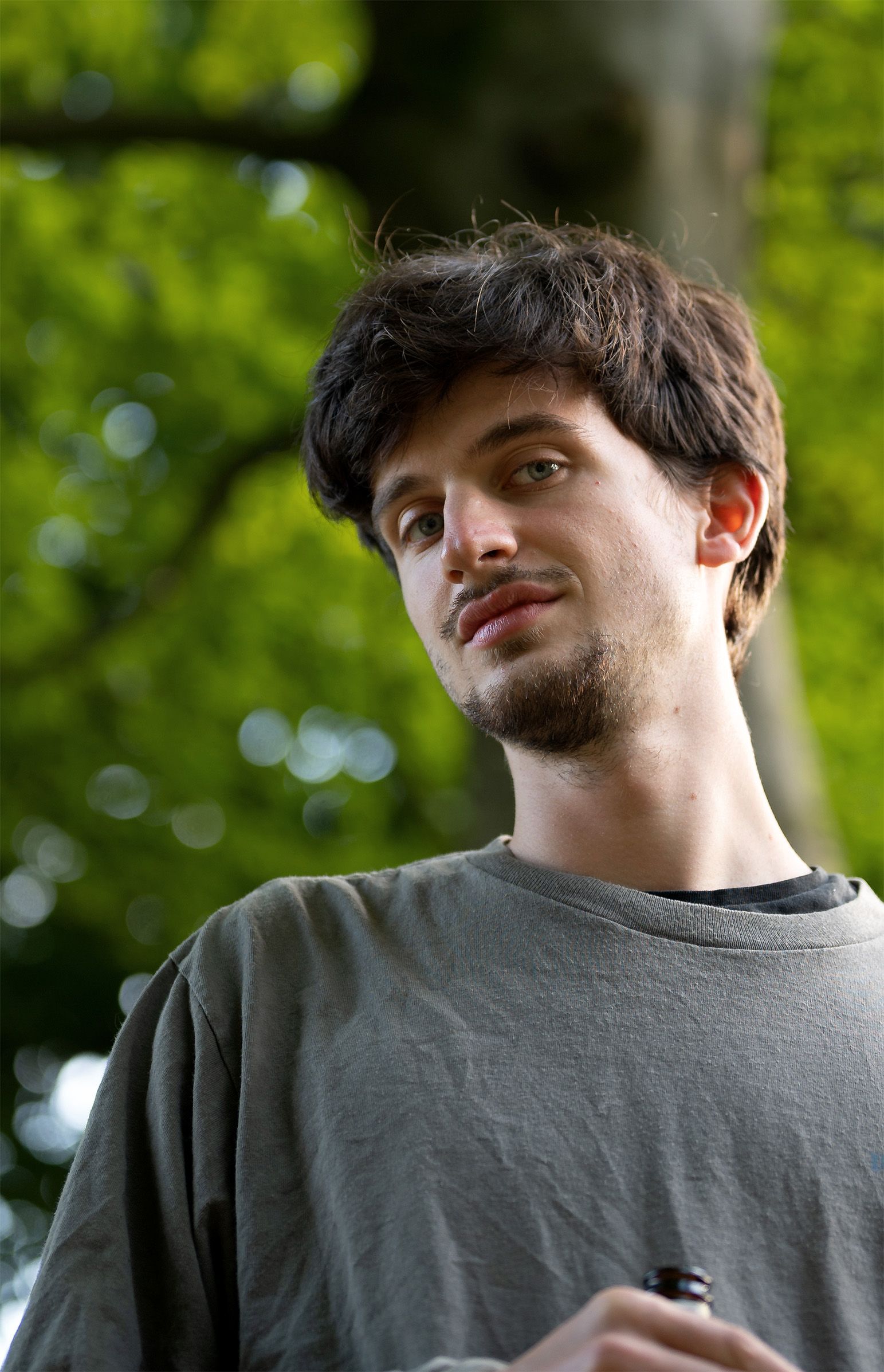
Francesco Scheffczyk
francesco-scheffczyk.deFrancesco Scheffczyk (he/him) studies Digital Media at the University of the Arts Bremen and works as a design researcher for the joint research project KITeGG.
Combining graphic design and coding, Francesco explores the inner workings of technology and its profound impact on the world. His practice revolves around design research, with a particular focus on generative AI systems. Through his work, he seeks to democratise AI systems and translate their complex hidden mechanisms into accessible graphic works.
He shares his work through exhibitions, workshops, publications, and online at francesco-scheffczyk.de.

What is NODE+CODE?
Since 2014, the meetup invites creatives, designers, artists, coders and anyone else interested to a series of events with changing locations and thematic focuses – all related to working with code in design and the arts. We want to build a community of people interested in the creative and critical application of technology in Frankfurt and Rhein-Main.
Open Call
Be part of it and share your projects, challenges and questions with the community in one of our next meetups:
Propose your contribution! [DE/EN]
Funding
The project is funded in the program “Promotion of Cultural and Creative Industries Institutions” by the Hessian Ministry of Economy, Energy, Transport and Housing
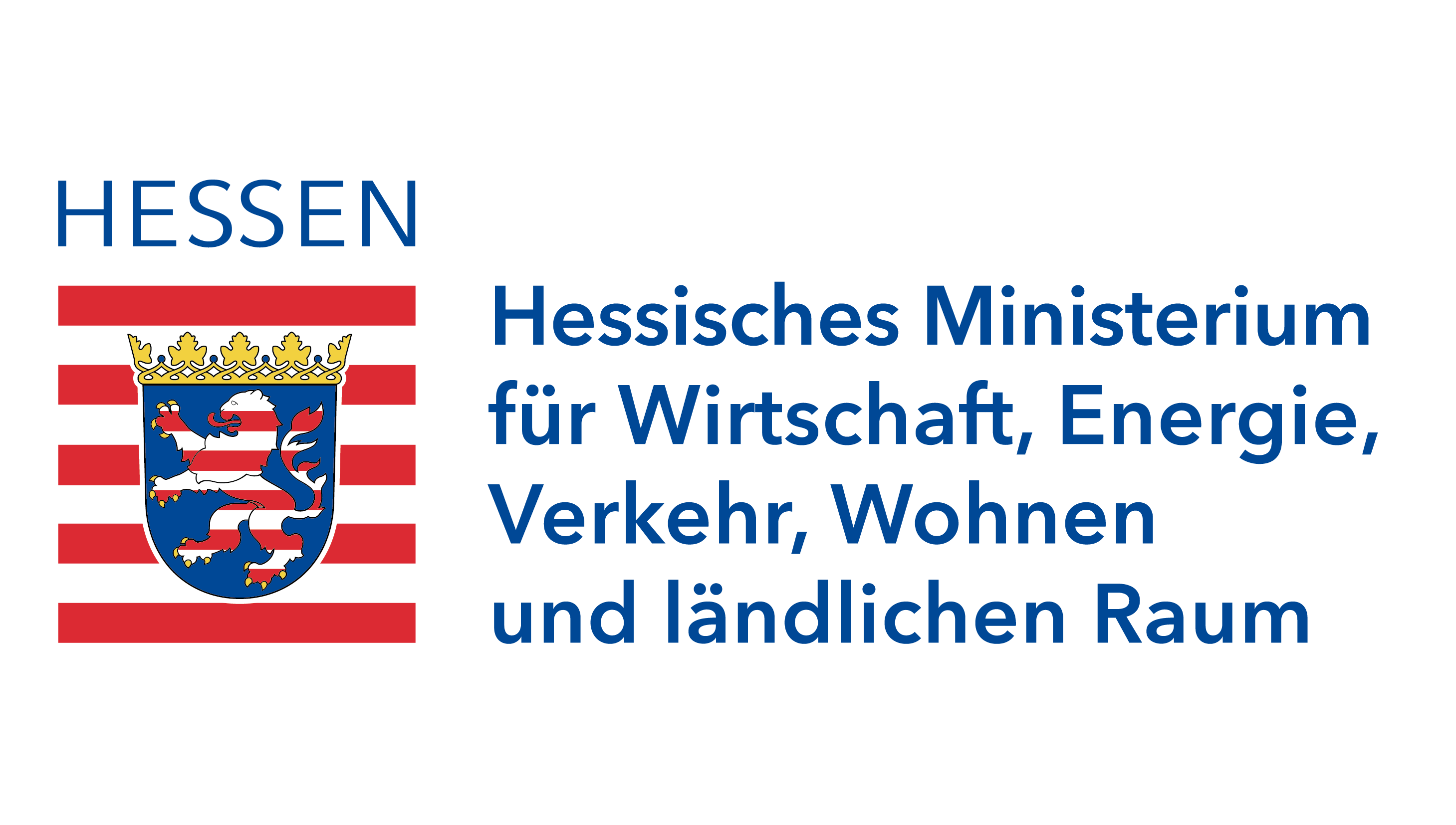
In collaboration with
